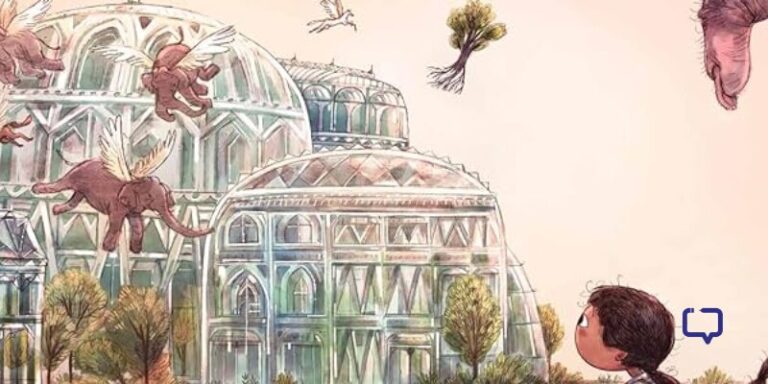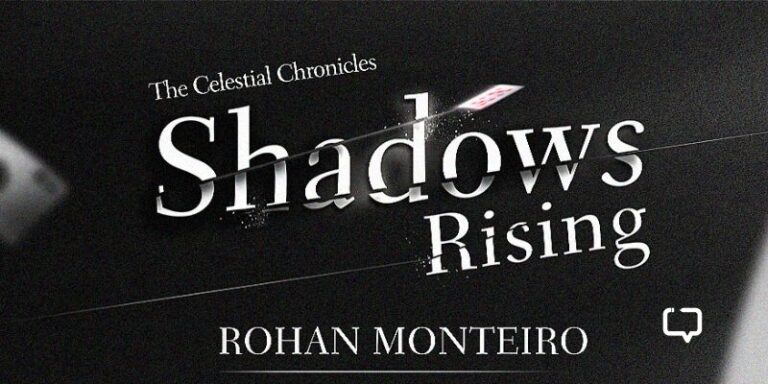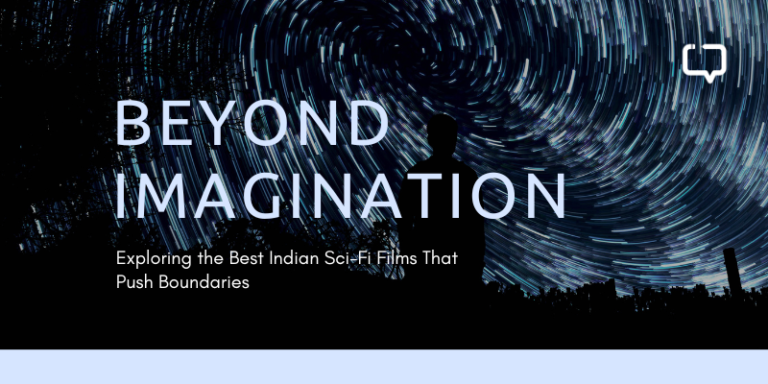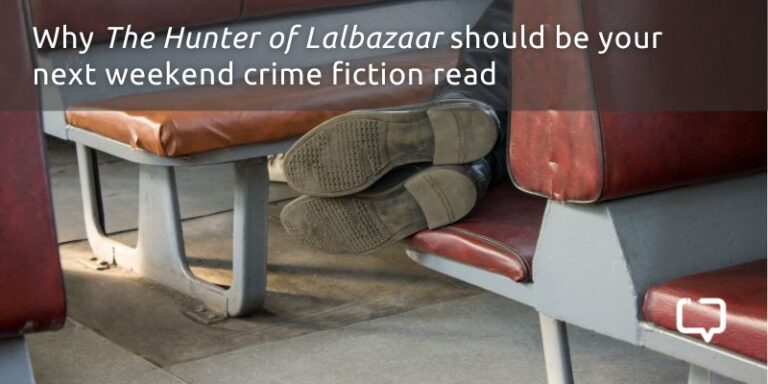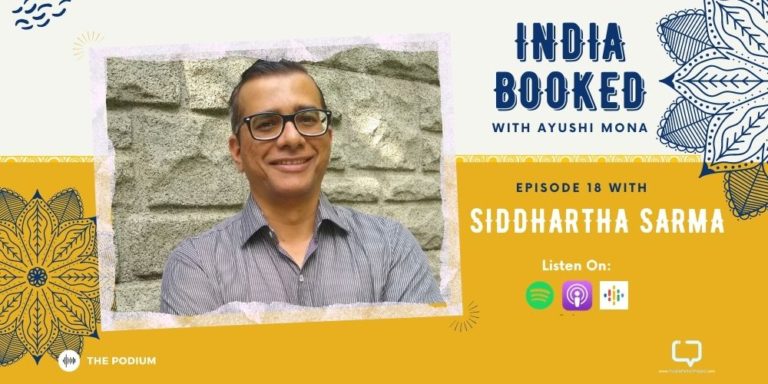Patna Blues by Abdullah Khan (Published by Juggernaut, 2018) is a captivating read with its simple prose, vivid descriptions of places, and well-developed characters
Abdullah Khan quotes the famous lines from Faiz’s poem, Mujhse Pehli Si Mohabbat, as the epigraph of the book which foreshadows the story that is to begin.
Aur bhi dukh hain zamaane me mohabbat ke siwa
Raahatein aur bhi hain vasl ki raahat ke siwa
The poem ‘Mujhse Pehli Si Mohabbat’, which comprises the aforementioned couplet, is noteworthy for it marks the transition of Faiz Ahmad Faiz from traditional Urdu poetry to poetry with a purpose. It shows his transition into a communist. He is also known to have said that to write about politics, one has to write about love. These are not binary opposites for the great poet, but rather rites of passage in the journey of a poet.
We encourage you to buy books from a local bookstore. If that is not possible, please use the links on the page and support us. Thank you.
Patna Blues, Abdullah Khan’s debut novel is set in the titular city of Patna, Bihar. The protagonist, Arif Khan is a middle-class Pathan, born to a police officer and his wife, aspiring to become an IAS in the 90s. The novel is about dreams, aspirations, ground reality, differences, and biases based on caste, class, religion, and hope. The story is triggered by a romance, tabooed at that.
A college-going Arif falls in love with Sumitra, a middle-aged married Hindu woman. Their admiration for each other is built on sharing their love for Urdu poetry. This socially unacceptable combination is reminiscent of the affair between Maan and Saeeda Bai, in parts—undeniable pull irrespective of the age difference, a love for poetry, a desire to protect each other, with instances of insecurity and rage—in Vikram Seth’s A Suitable Boy.
Living as A Muslim In Patna
Salman Rushdie set a tone for narratives of the minority community back in the 80s with Midnight’s Children. However, Abdullah Khan’s novel brings about the impact of current affairs on the small town of Patna. He brings Patna to life with his vivid descriptions of market, alleys, and cinema halls—inciting nostalgia for its inhabitants at any point in time and drawing a picture for outsiders who can draw parallels with the towns and cities they grew up in, places that weren’t at the forefront of the political action but were affected by it nonetheless.
The impact of political and communal turmoil across India, from the demolition of Babri Masjid in ‘92 to bombings in Delhi in 2002, is shown through Arif’s immediate and extended family. It is ironic that his father despite being in a high position as a police officer isn’t spared of the bias that comes with the fact that he is a Muslim. Religion trumps duty toward a faithful servant of the state. In fact, it can be concluded that a gang leader, as depicted in the novel, can have his ethics and morals about how to treat women respectfully during a communal riot but the police are unwilling to cooperate with a former police officer in dire times.
Intersections between caste, religion, gender, and Politics in Patna Blues
Despite the trying times of the 90s, it is also a matter of interest that Lalu Prasad Yadav happened to be the CM of the state, considering he too belongs to a lower cast. On the surface, it might seem that the novel doesn’t explore the intricacies of politics by not talking in detail about current affairs. But, the narration clearly shows the criticism towards communal issues at hand.
One act of communalism in a faraway city, even in times of no internet and instant messages, can incite communal violence across the country because people live together and politicians need votes. The writing gets interesting because we get to see this from the point of view of Arif who aspires to fulfill his father’s dream of becoming an IAS. So, these lived realities shape Arif’s world as he pursues his dreams.
The women in the novel remain in the margins, even the love interest of the protagonist Arif – Sumitra. The intersections of caste, class, religion, and gender are showcased in detail with the help of myths, legends, and superstitions. For example, when Arif visits his relatives in a village, he is informed that a Rajput woman who died in the river by drowning now haunts the riverside. Even the ghost of the woman is not spared of caste, Kshatriya in this case.
Arif’s Pathan roots are stated right in the beginning by an elderly relative who considers that his younger brother Zakir is Pathan by his stature, unlike Arif who isn’t well-built. This also comes up later in the book when there’s a search for a groom for Arif’s sister. His parents’ intercaste marriage (his mother isn’t Pathan) becomes a site of rejection for many prospective families.
Abdullah Khan’s Patna Blues is easy on the eyes but heavy on the mind. The writing weaves hopes, dreams, and aspirations seamlessly with poverty, despair, and reality. It’s humbling and enraging. Despite my mention of the literary greats, Seth and Rushdie, I believe Khan’s literary debut comes across as accessible to people without intimidating them. The simple prose is the strength of this story along with its vivid descriptions of places and well-developed characters.
Best quote from Patna Blues
My favourite part of the book is actually a poem written by the protagonist Arif Khan that describes the very essence of the novel, the bildungsroman:
A Workable Dream (Pg. 273)I set out on a boat of memories
Into the ocean of imagination
In search of my dreams
That had drowned years ago
The dark clouds of doubts
The terrifying storm of hopelessness
And the high tides of fear
Discourage me to go ahead
The oar of my courage
Is about to slip away from my hands
When I see
The lighthouse of hope
It is the shore of an island
An island of wishes and desires
There is a forest on it
Thick with the trees of imagination
And on this strange island
I may not get my lost dreams back
But I can find a dream surely
A tiny but workable dream
Have you read this captivating read of the small-town living in the 90s? What do you think of it? Drop a comment below and let us know!













